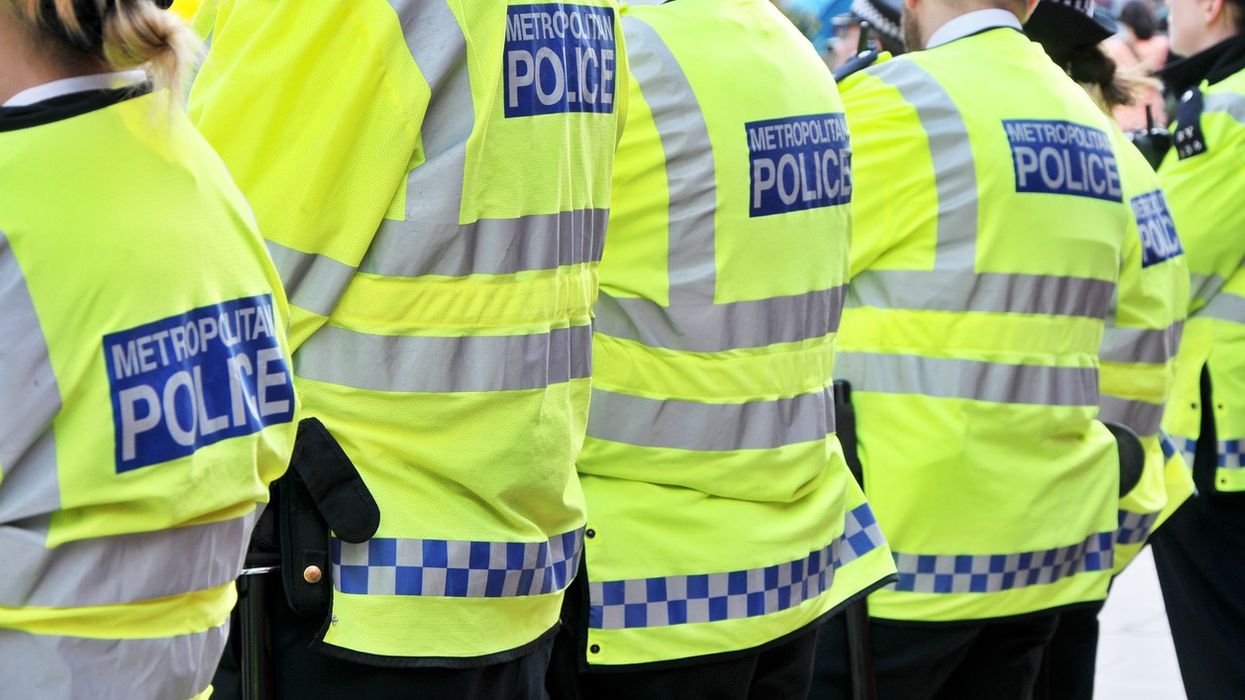Social media accounts outside of the UK amplified the recent unrest between Hindu and Muslim groups in Leicester, new research has found.
Some 500 inauthentic accounts were created on Twitter during the riots calling for violence and promoting memes and incendiary videos, according to the Network Contagion Research Institute (NCRI) study.
More than 60 people were arrested for their suspected involvement in the disorder, apparently triggered by an India-Pakistan cricket match played in Dubai in late August and the tensions escalated in September.
The NCRI research which analysed data from YouTube, Instagram, Twitter and TikTok found evidence of bot-like accounts which disseminated both anti-Hindu and anti-Muslim messaging, each blaming the other for the violence.
The analysis showed that disinformation about Hindus as “bloodthirsty and genocidal, as well as religious enmity”, motivated attacks through the “recruitment of online reinforcements to real-world engagements,” the research report said.
It also said the mainstream media platforms both within the UK and outside failed to perform due diligence on community activist Majid Freeman and “amplified the voice of a conspiracy theorist and extremist sympathiser, who was a central agitator in the events of Leicester.”
The NCRI analysis also found coordinated activity coming from self-identified Indian accounts amplifying blame, ethnic distrust, and accusations against the Muslim community and Islam as a tradition.
The findings suggest that amplification networks in India are feeding the fire of populist, xenophobic, and sensationalist tropes to opportunistically stoke defensiveness and hypernationalism in the face of attacks against diasporic communities.
On Twitter, the linguistic analysis showed that mentions of ‘Hindu’ exceeded mentions of ‘Muslim’ by nearly 40 per cent and that Hindus were largely depicted as aggressors and conspirators in a global project for international dominance, it said.
Muslims were depicted as retaliating and responding to this aggression, though most evidence indicated that the violence was directed largely towards Hindus, the research found.
Among the most retweeted content that levelled identity attacks, NCRI found that blame for the events was placed on Muslims by a concentrated but highly retweeted network coming from India.
Artificial intelligence models used to detect incitement to violence reported that 70 per cent of calls were made on Twitter against Hindus, and 30 per cent against Muslims during the events in Leicester.
The report warns that patterns of reciprocal escalation are likely to continue to heighten unless platforms can better detect and prevent the abuse of their products to harm vulnerable populations.
Social media accounts outside UK amplified Leicester unrest: Research
Findings suggest that amplification networks in India are feeding the fire of populist, xenophobic and sensationalist tropes.


















